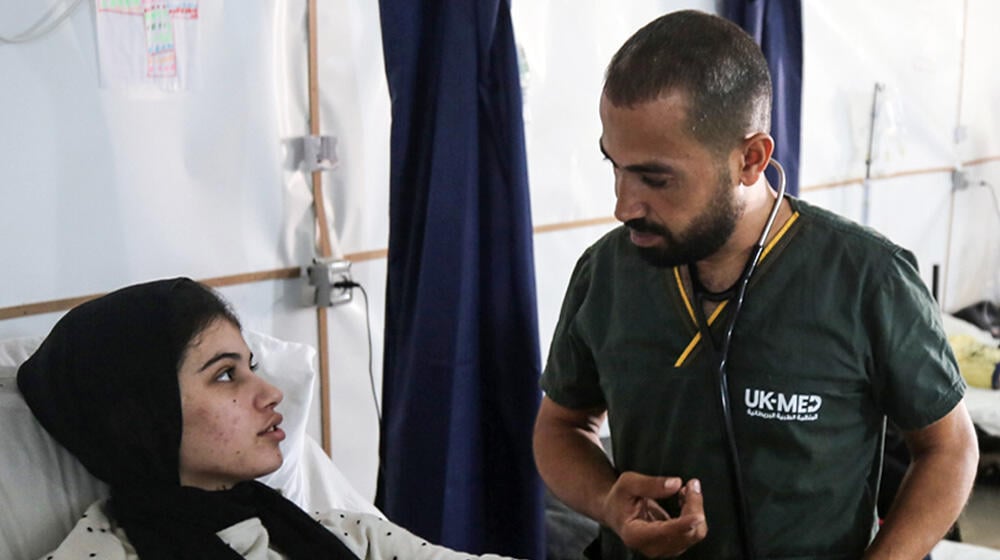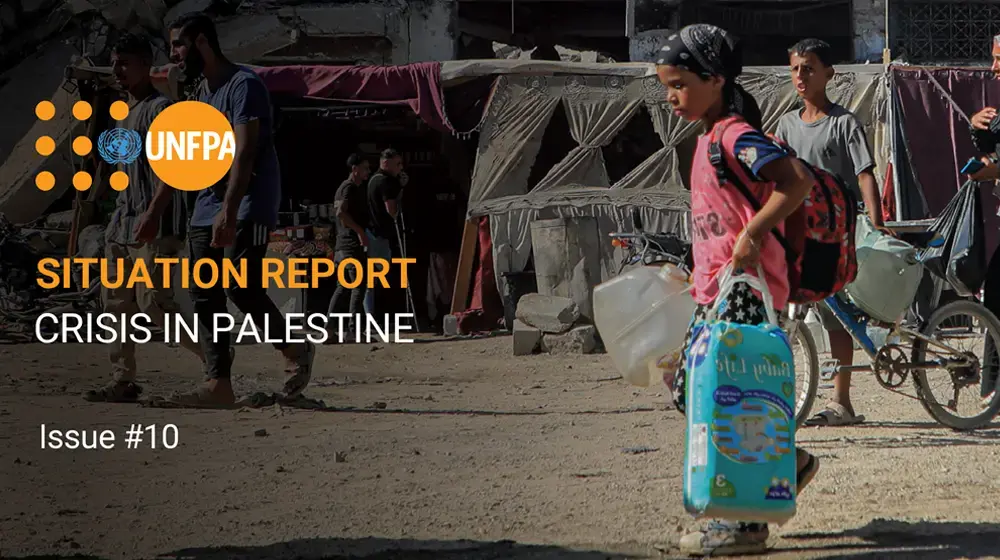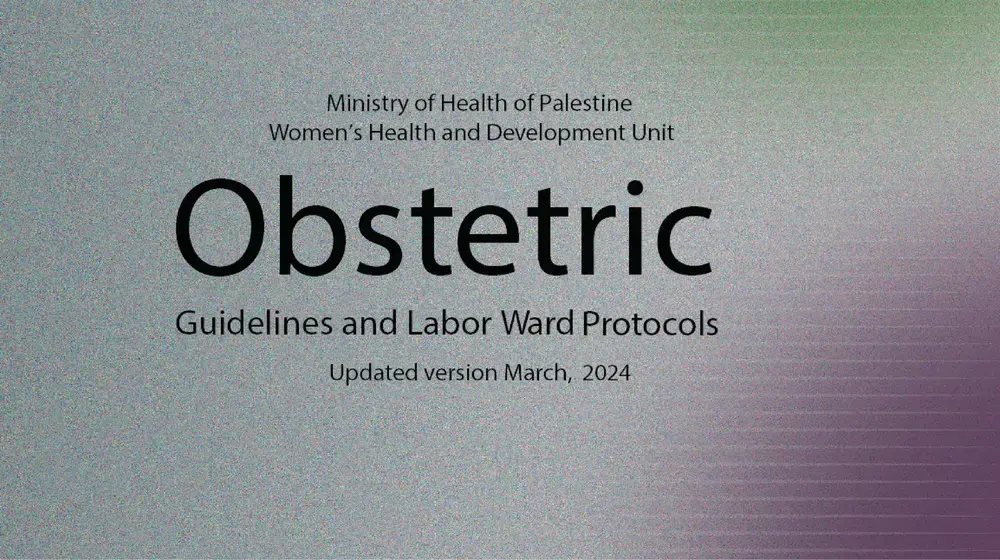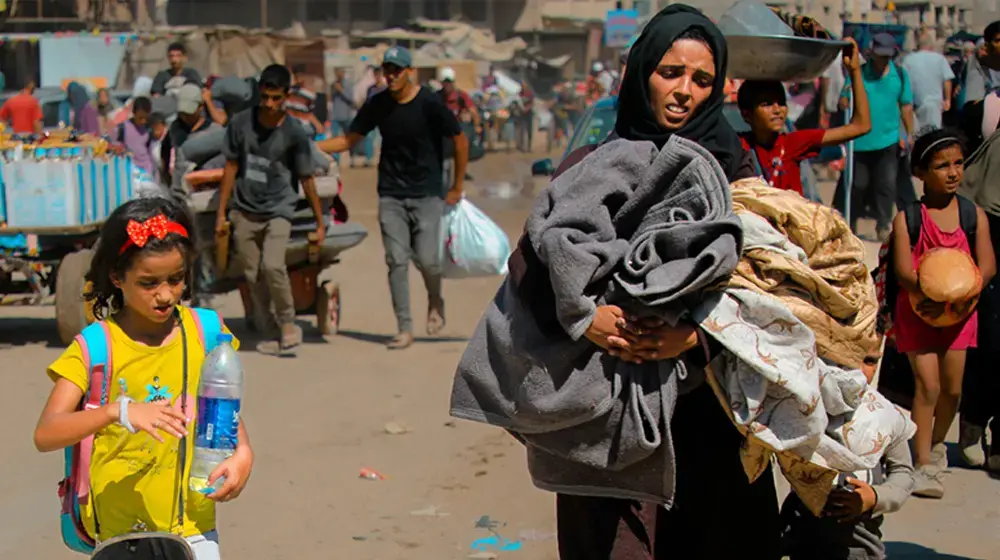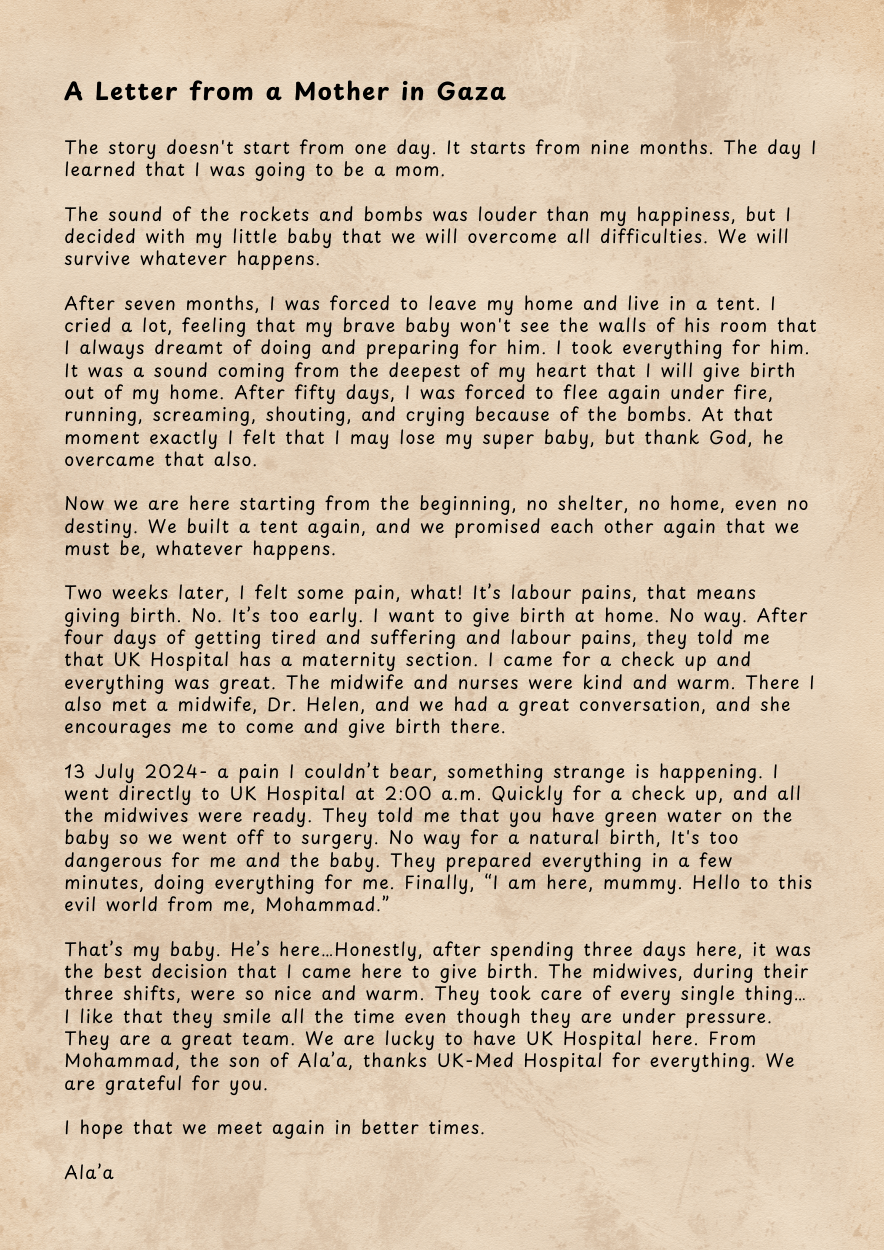
In Gaza, the situation for pregnant women has reached a crisis point. Over 155,000 expectant and new mothers are caught in a relentless struggle marked by exhaustion, trauma, and severe hunger. With the region’s health services nearly destroyed, none of the hospitals are fully operational. Only 16 out of 36 hospitals are partially functioning due to critical shortages of fuel and supplies. Healthcare workers are stretched thin, facing a surge in injuries, diseases, and almost 500 attacks on medical facilities so far.
The impact on women of reproductive age is staggering. More than 525,000 women have lost access to vital services like prenatal and postnatal care, family planning, and treatment for infections. Among them, over 17,000 pregnant women are on the brink of famine, with nearly 11,000 already experiencing severe food shortages. This lack of proper nutrition, combined with the immense stress of their situation, is leading to a rise in preterm births, low-birth-weight babies, and increased risks of stillbirths and developmental delays. At displacement sites, many women are forced to give birth in tents without any medical assistance.
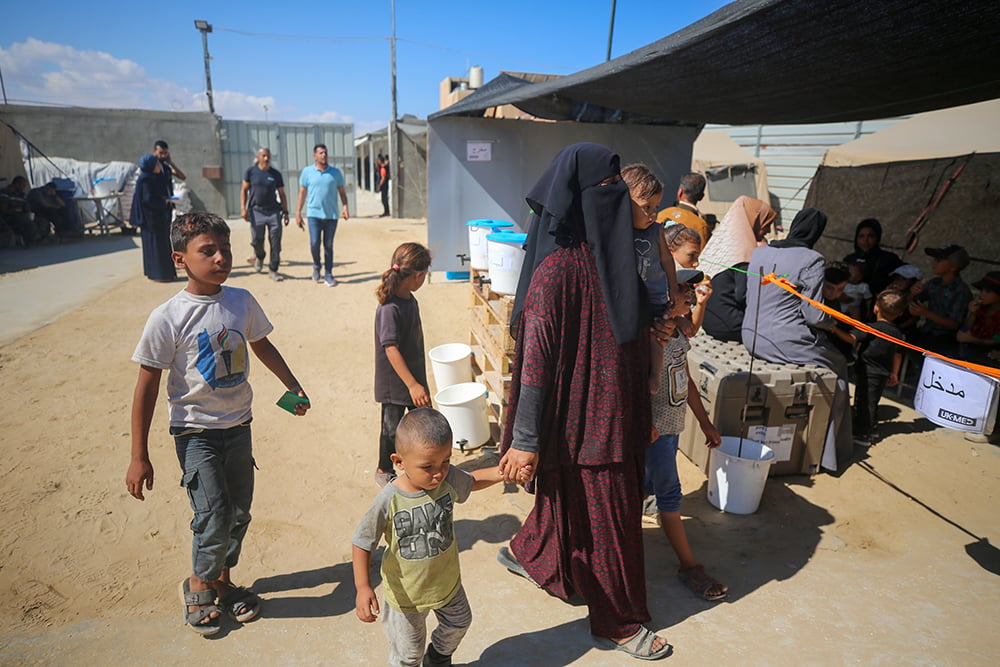
Despite the overwhelming challenges, UNFPA and its partners, including UK-Med, have been working tirelessly to provide reproductive health support. Since the onset of the war, UNFPA has distributed thousands of reproductive health kits containing life-saving medicines, medical equipment, and supplies throughout the Gaza Strip. UNFPA has also deployed teams of midwives and healthcare workers to offer essential antenatal and postnatal care at both official and makeshift camps. We have established six mobile maternal health units in field hospitals, delivering emergency obstetric care to mothers and their newborns. Notably, one of these units, in partnership with UK-Med, played a crucial role in helping Ala'a deliver safely.
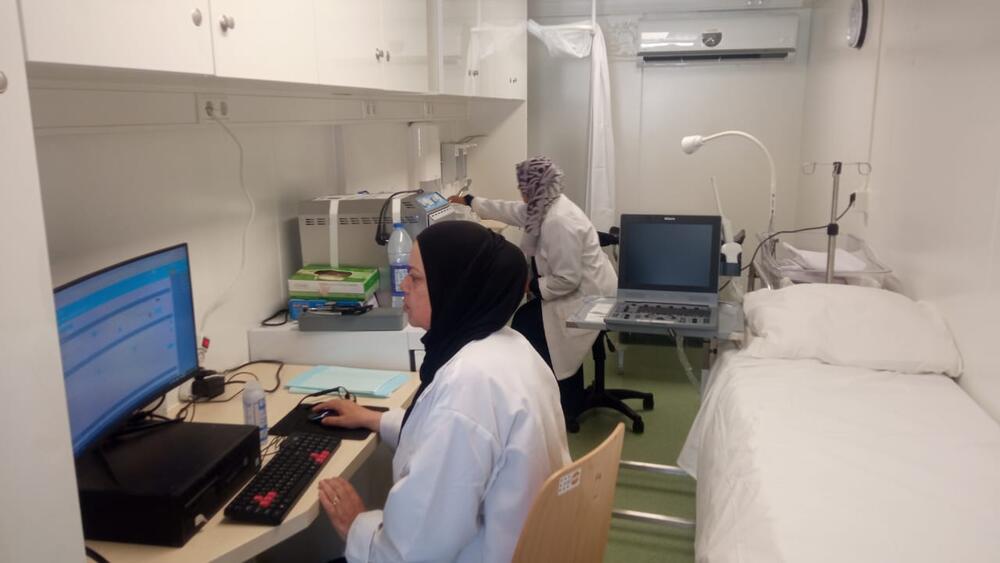
However, the ongoing war makes it impossible to provide continuous aid without a ceasefire. Only a fair and just peace can ensure that essential humanitarian support continues, restore access to critical health services, and bring hope to mothers like Ala’a who are desperately in need of help.

